This week's key events presented by Euronews' EU senior health and agriculture correspondent Gerardo Fortuna.
Key diary dates
- Monday 18 November: Ukrainian Minister for Agrarian Policy and Food, Vitalii Koval, to join EU ministers for Agriculture and Fisheries Council meeting in Brussels.
- Tuesday 19 November: European Court of Justice to hear case brought by European Commission and 15 member states challenging Hungary's Child Protection Law, widely criticised as being anti-LGBT.
- Tuesday 19 November: Foreign Affairs Council on defence will discuss EU military support to Ukraine, joined by NATO Secretary-General, Mark Rutte.
In spotlight
EU agricultural ministers meet in Brussels today to discuss the market situation for agri-food products, including challenges related to imports from Ukraine.
Ukrainian minister for agrarian policy and food Vitalii Koval will join the meeting to provide an update on Ukraine's farming sector.
This marks continuation of high-level dialogue with Ukrainian representatives - former Minister Mykola Solskyi participated in similar discussions last March.
Solskyi first addressed EU ministers in September 2022, following Russia’s invasion. At that time, solidarity with Ukraine’s struggling farmers was on prominent display.
However, recent developments, including safeguard measures affecting the free-trade regime with Ukraine, signal a shift in tone.
Since June, an updated free-trade scheme has introduced automatic safeguard mechanisms to protect EU domestic sectors deemed sensitive—such as eggs, poultry, sugar, oats, maize, hulled grains, and honey—against surges in Ukrainian imports.
This expanded list of products subject to potential tariffs hasn’t appeased some bordering member states like Romania and Bulgaria, which argue that the measures have not been adequately enforced in some sectors.
Romania and Bulgaria will raise the issue of Ukrainian honey imports under the ‘other business’ items of the meeting agenda. Both countries report that increased volumes of Ukrainian honey at lower prices are putting significant pressure on EU market prices.
A high-ranking EU diplomat preferred not to prejudge the debate, but told Euronews that import bans in certain member states remain “a fact” and are contentious.
Bulgaria previously raised similar concerns about Ukrainian egg imports in September.
While tensions over trade persist, Ukraine's significant agricultural potential looms large over discussions on its potential EU membership.
EU Commissioner-designate Christophe Hansen noted during his successful confirmation hearing two weeks ago that “Ukraine is the elephant in the room when it comes to enlargement, with agricultural output equalling one-third of Europe’s production.”
He emphasised the need for a gradual and well-prepared approach to Ukraine’s integration into the EU, aligning production standards and practices over time.
Despite these challenges, another EU official insisted ahead of the meeting that solidarity with Ukraine remains strong and there’s no change in the attitude toward the war-torn country.
Whether today’s discussions will progress from expressions of solidarity alone to addressing sensitive trade disputes directly with Ukraine’s representatives remains to be seen.

 4 months ago
41
4 months ago
41
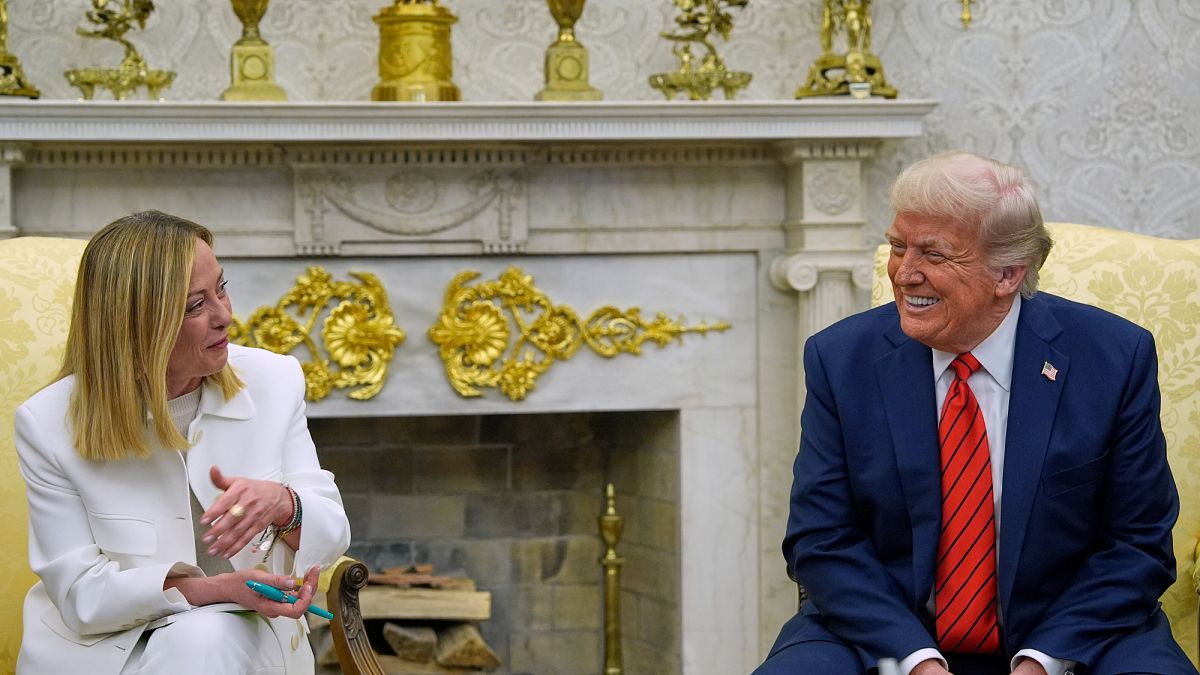
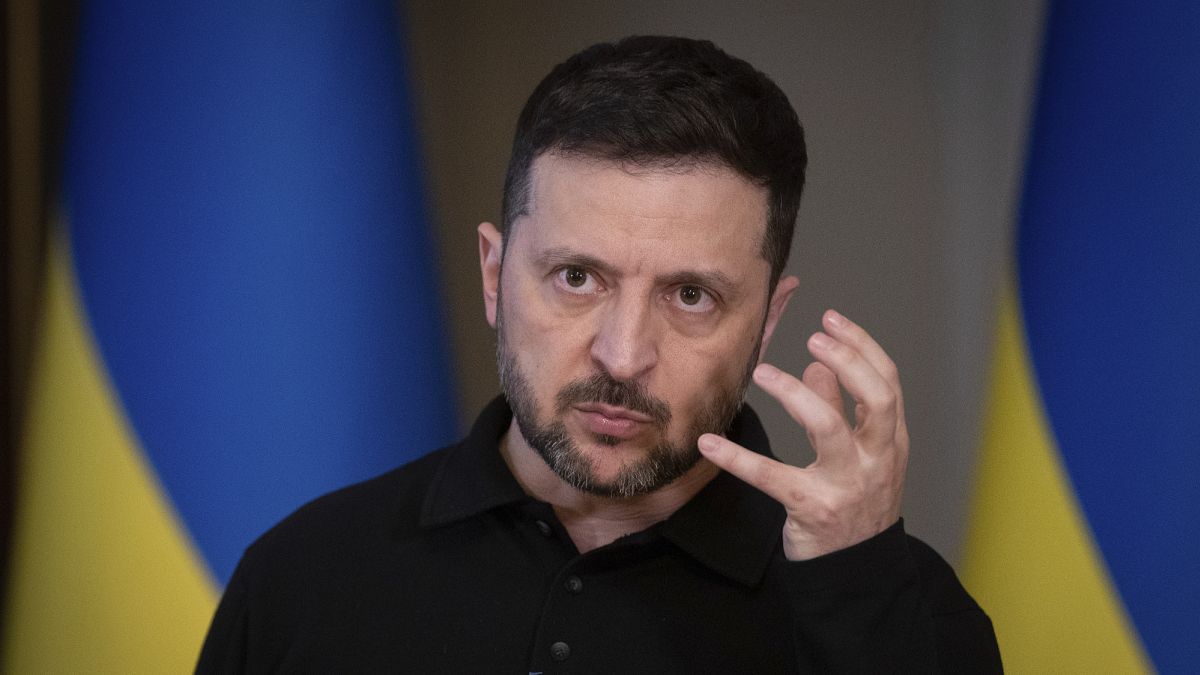
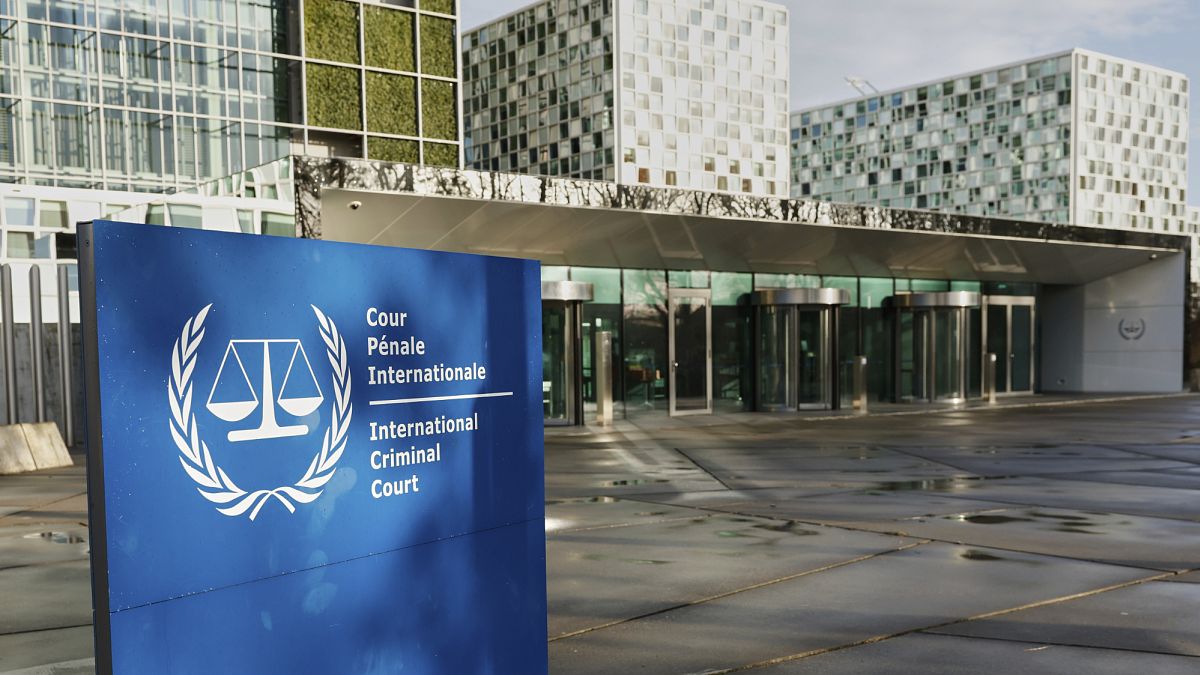

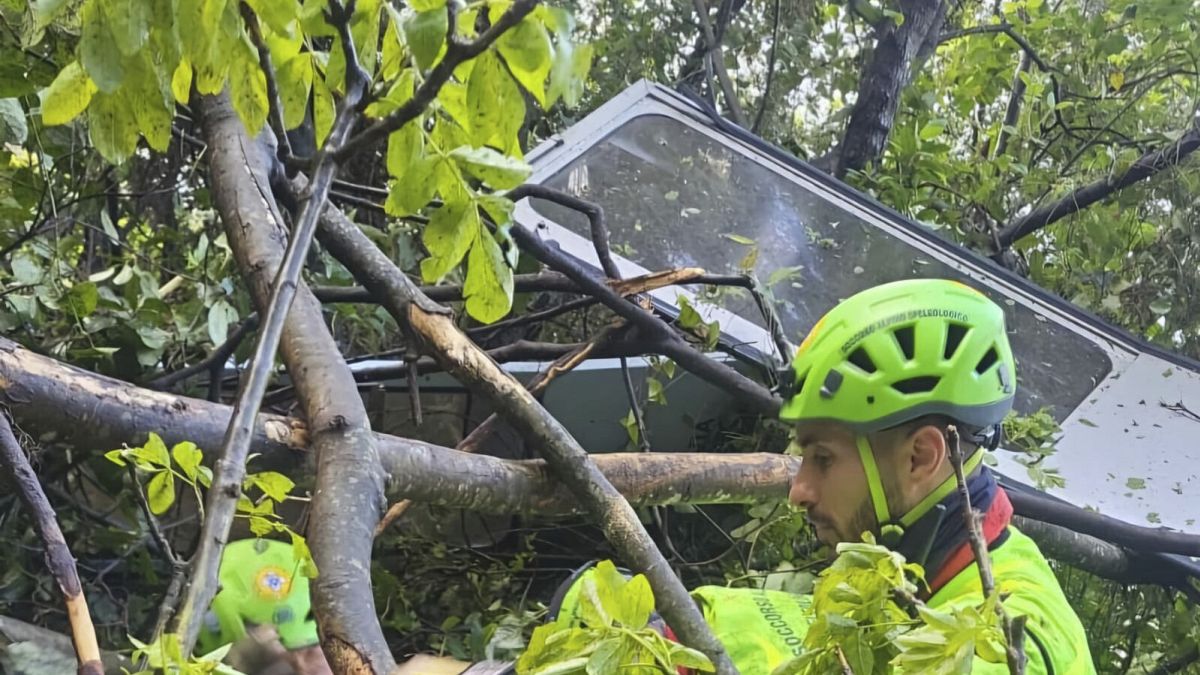
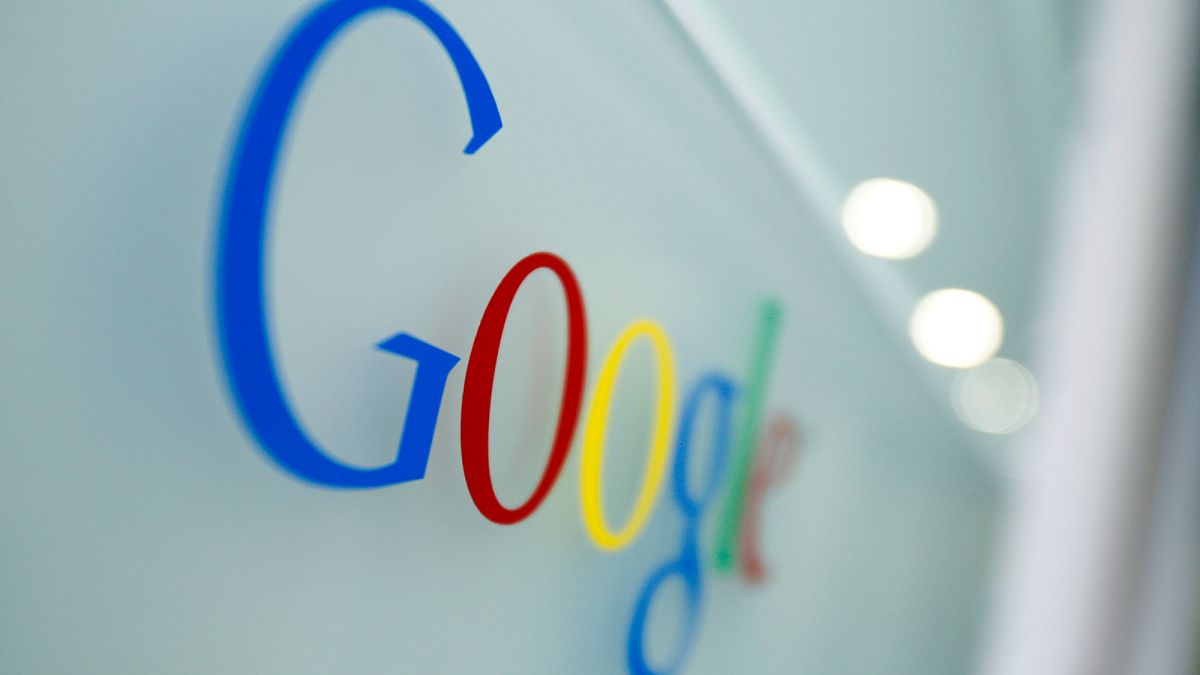
 We deliver critical software at unparalleled value and speed to help your business thrive
We deliver critical software at unparalleled value and speed to help your business thrive






 English (US) ·
English (US) ·